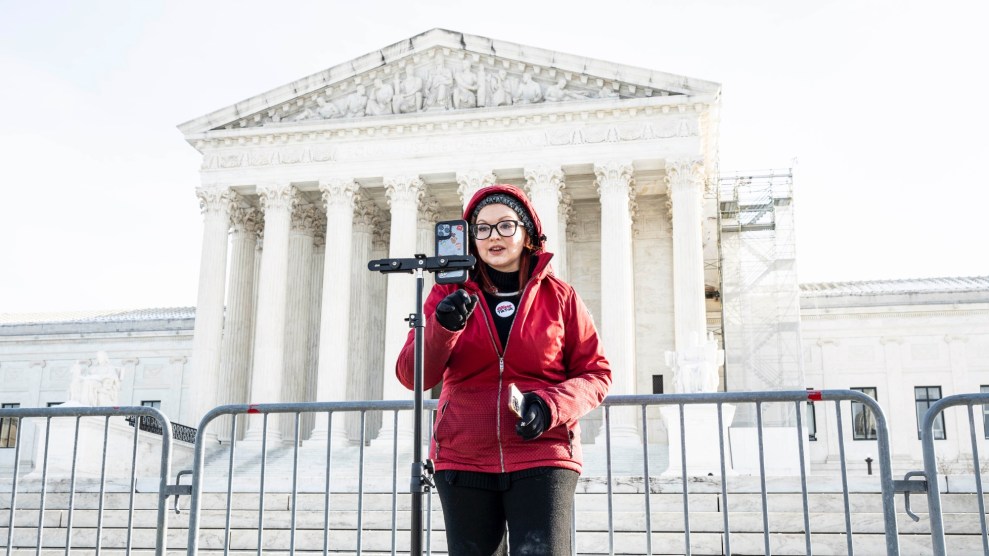
Andrew Harnik/AP
Beyoncé’s new genre-defying (but country-forward) album Cowboy Carter dropped overnight. The internet is now poring over track choices, hidden meanings, and symbolism to add to Beyonce Lore.
One such choice is the cover of the Beatles’ iconic song “Blackbird”, from the White Album, as the record’s second track. Trust Beyoncé to reissue a song so redolent with Black history: The song was written about the Black Liberation struggle of the American civil rights movement. Watch:
View this post on Instagram
“I was sitting around my acoustic guitar, and I’d heard about the civil rights troubles that were happening in the sixties in Alabama, Mississippi, Little Rock in particular,” McCartney told GQ in 2018. “And I just thought it’d be really good if I could write something that, if it ever reached any of the people going through those problems, it might kind of give them a little bit of hope.” The name, “Blackbird”, was a play on British slang, “bird” meaning “girl.”
In particular, McCartney was inspired by the Little Rock Nine, a group of Black students who enrolled in Little Rock Central High School in 1957, after Brown v. The Board of Education heralded the start of school desegregation. On the eve of the teenagers’ first day of school, the Arkansas governor, Orval Faubus, sent in the state’s national guard to stop them, sparking a standoff and legal battle that lasted weeks. Eventually President Eisenhower federalized the National Guard and sent troops to protect the teenagers.
Incredible to meet two of the Little Rock Nine–pioneers of the civil rights movement and inspiration for Blackbird. pic.twitter.com/QrnOQnqrFX
— Paul McCartney (@PaulMcCartney) May 1, 2016
Now, Beyoncé has made me think about the incredibly brave little Black girls desegregating the American South: Ruby Bridges, Elizabeth Eckford, and many, many others, who faced hell. That’s who this song was written for, which adds even more significance to Beyoncé’s choice to feature the voices of four Black women on her version of this song—Tanner Adell, Brittney Spencer, Tiera Kennedy, and Reyna Roberts. It’s kind of perfect.















